Mobile Apps Development: Transforming the Digital Landscape
In today’s fast-paced digital world, mobile applications have become a cornerstone of communication, business, entertainment, and productivity. From ordering food and booking a cab to managing finances and staying connected with loved ones, mobile apps touch nearly every aspect of our daily lives. As smartphone usage continues to rise globally, mobile app development has emerged as one of the most dynamic and innovative fields in the tech industry.
What is Mobile App Development?
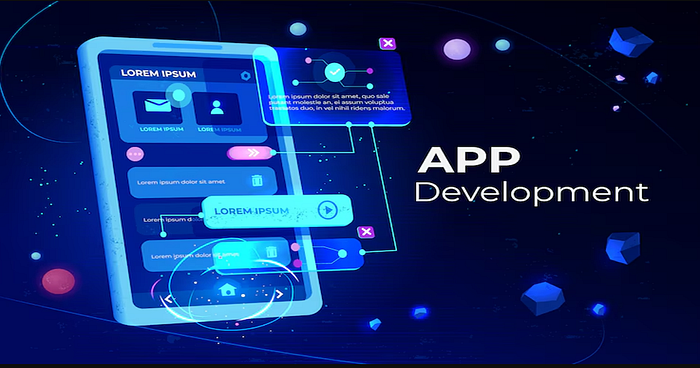
Mobile app development is the process of creating software applications that run on mobile devices like smartphones and tablets. These applications are typically developed for two major platforms: iOS (Apple devices) and Android (Google devices). The development process includes idea conceptualization, designing, coding, testing, and deployment, followed by maintenance and updates.
There are three main types of mobile apps:
- Native Apps — Built specifically for one platform (iOS or Android) using platform-specific languages like Swift or Kotlin.
- Hybrid Apps — Created using web technologies like HTML, CSS, and JavaScript, and wrapped in a native container.
- Cross-Platform Apps — Developed using frameworks like Flutter, React Native, or Xamarin, allowing a single codebase to run on multiple platforms.
Why Mobile Apps Matter
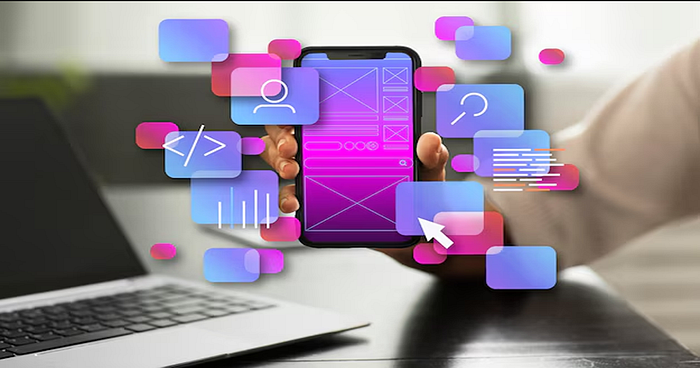
The growing reliance on mobile devices has made mobile apps essential tools for businesses and individuals alike. Here’s why mobile apps are so influential:
- Convenience: Mobile apps provide easy access to services and information from anywhere at any time.
- User Engagement: With features like push notifications, mobile apps help businesses stay connected with their customers.
- Revenue Generation: Many businesses use mobile apps to monetize through ads, subscriptions, or in-app purchases.
- Brand Loyalty: Apps enable personalized experiences that build stronger relationships with users.
The Mobile App Development Process
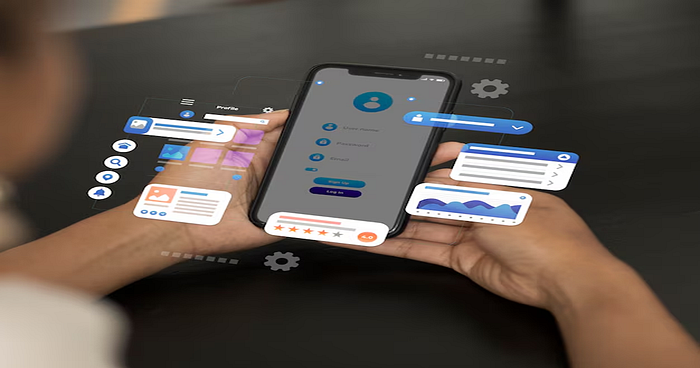
Developing a successful mobile app requires careful planning and execution. Here’s a breakdown of the key stages:
1. Idea and Market Research
Every app begins with an idea. Conducting thorough market research helps identify target audiences, analyze competitors, and determine the app’s unique value proposition.
2. Planning and Strategy
Once the idea is validated, developers and stakeholders plan the app’s features, design, platform, and technology stack. This stage also involves setting timelines and budgets.
3. UI/UX Design
User Interface (UI) and User Experience (UX) design are crucial for making the app intuitive and visually appealing. Tools like Figma, Adobe XD, and Sketch are commonly used to design user-friendly interfaces.
4. Development
Depending on the chosen platform and approach (native, hybrid, or cross-platform), developers begin coding the front-end and back-end components of the app. Integration with APIs, databases, and third-party services is also done here.
5. Testing
Before launch, the app goes through rigorous testing to identify bugs, security issues, and performance bottlenecks. Quality assurance ensures that the app functions correctly across various devices and operating systems.
6. Deployment and Launch
After successful testing, the app is submitted to the Apple App Store or Google Play Store for review and release. This stage includes preparing app store listings with descriptions, screenshots, and promotional materials.
7. Maintenance and Updates
Post-launch, developers monitor the app for issues, user feedback, and performance metrics. Regular updates are essential to add new features, fix bugs, and ensure compatibility with the latest OS versions.
Get Started with a Free Trial
Popular Tools and Technologies
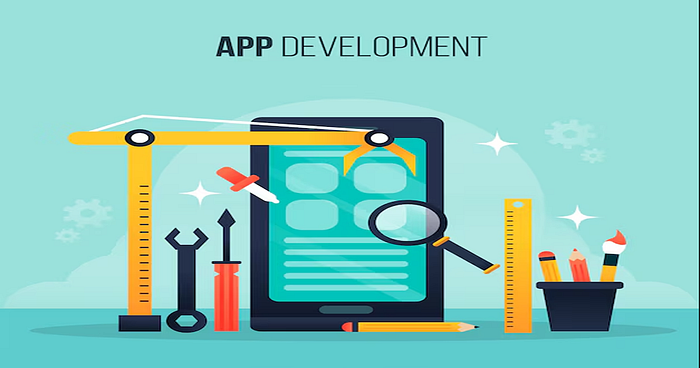
Mobile app developers leverage various tools to streamline development:
- Android Studio and Xcode for native app development.
- Flutter, React Native, and Xamarin for cross-platform development.
- Firebase, AWS Mobile Hub, and Google Cloud for backend and hosting services.
- Appium and TestFlight for app testing.
Trends Shaping the Future of Mobile App Development
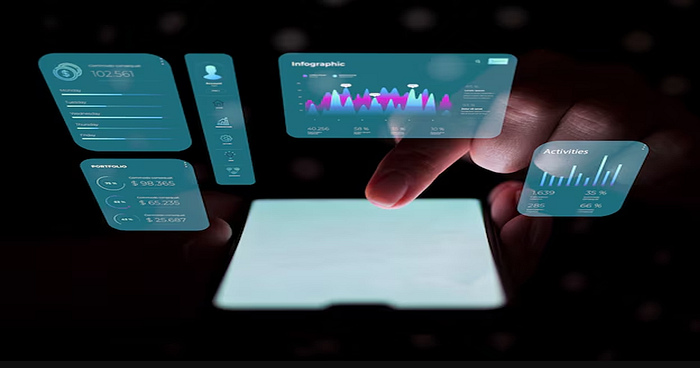
Mobile app development is continuously evolving with emerging technologies:
- Artificial Intelligence (AI) and Machine Learning (ML) are powering smarter apps with personalized experiences.
- Augmented Reality (AR) and Virtual Reality (VR) are transforming gaming, retail, and real estate apps.
- 5G technology is enhancing app performance with faster data transfer speeds.
- Wearable devices and IoT integration are creating new opportunities for health, fitness, and smart home apps.

Comments
Post a Comment